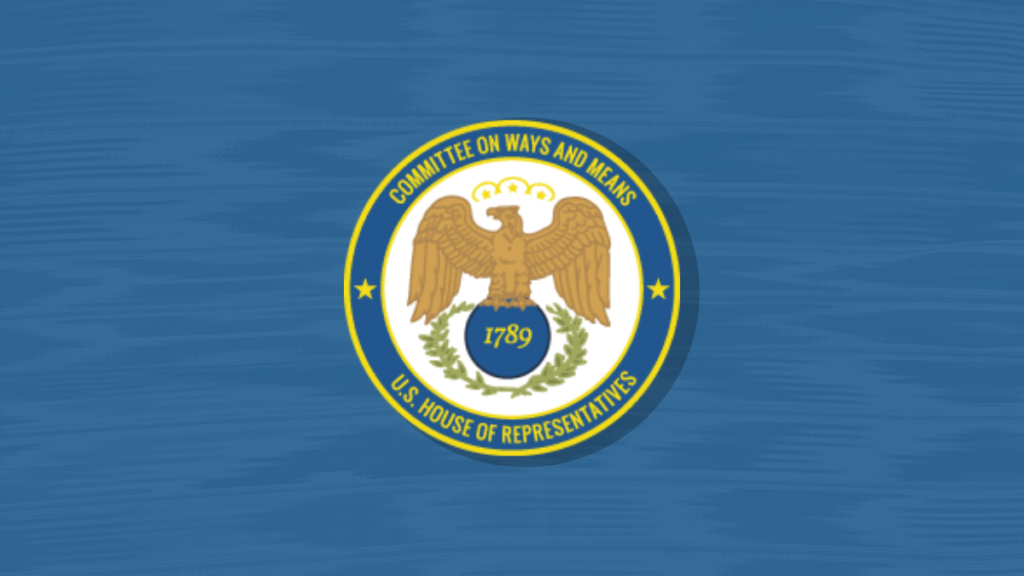UHRP Submits Forced Labor Policy Recommendations to House Trade Subcommittee: Urges a Ban on U.S. Investment in PRC Companies Under Human Rights Sanctions

July 21, 2021
Hearing on The Global Challenge of Forced Labor in Supply Chains: Strengthening Enforcement and Protecting Workers
The Uyghur Human Rights Project (UHRP) welcomes the opportunity to submit a written statement for consideration by the Trade Subcommittee of the House Ways and Means Committee. UHRP conducts research-based advocacy to promote the rights of the Uyghurs and other Turkic Muslim peoples in East Turkistan, referred to by the Chinese government as the Xinjiang Uyghur Autonomous Region, in accordance with international human rights standards.
UHRP serves on the Steering Committee of the Coalition to End Forced Labour in the Uyghur Region, endorsed by 390+ organizations, including Uyghur associations, trade unions, investors, and faith-based groups.
The Uyghur Forced Labor Prevention Act (H.R.1155) has overwhelming bipartisan support. In the 116th Congress, this bill passed in the House by a 400-vote margin on September 22, 2020. The legislation, Ensuring that goods made with forced labor in the Xinjiang Uyghur Autonomous Region of the People’s Republic of China do not enter the United States market, and for other purposes, is critically important for enforcement of existing U.S. law, and for building a global response to the Chinese government’s ongoing genocide and crimes against humanity against the Uyghur people.
The bill imposes imposes a blanket Withhold Release Order (WRO) on all goods produced:
- wholly or in part in the Uyghur Region, or
- by persons working with the Xinjiang Uyghur Autonomous Region government for purposes of the “poverty alleviation” program or the “pairing-assistance” program, which subsidizes the establishment of manufacturing facilities in the Uyghur homeland.
“Poverty alleviation” and “pairing assistance” are Orwellian terms for government-imposed forced labor programs imposed on a large scale.
The bill also requires the President to identify “each foreign person, including any official of the Government of China” that “knowingly engages in, is responsible for, or facilitates the forced labor of Uyghurs, Kazakhs, Kyrgyz, and members of other Muslim minority groups,” and to impose Global Magnitksy sanctions on all such persons.
Recommendations:
- UHRP urges the Ways and Means Committee to advance the Uyghur Forced Labor Prevention Act (H.R.1155) as soon as possible.
- UHRP urges Congress to ask Customs and Border Protection (CBP) and Immigration and Customs Enforcement (ICE) for information on:
- shipments detained to date on all 11 active WROs based on gross human rights violations against Uyghurs and other Turkic Muslims, and other related detentions and seizures of goods.
- civil and criminal penalties imposed to date in consequence of these detentions, or on the basis of other investigations into Uyghur forced-labor goods.
- UHRP is concerned that the deterrent effect of WROs needs strengthening. The majority of current active WROs are on goods from China, especially those tied to Uyghur forced labor. Under current regulations (19 C.F.R. § 12.44), importers of detained goods have 3 months to respond with evidence that the goods are not made with forced labor, or to destroy or re-export the goods. Importers’ risk of incurring a cost for importing tainted goods therefore does not appear to be sufficiently high, in the absence of penalties. The relatively low-cost disposition procedures for detained goods is out of step with the importance placed on this issue by the six U.S. government departments that issued the July 13 Updated Xinjiang Supply Chain Business Advisory, including at the Secretary level (the Departments of State, Treasury, Commerce, Homeland Security, Labor, and the U.S. Trade Representative). The July 13 Advisory contains strong language that emphasizes the “high risk” of violating U.S. law, regarding supply chains connected to the Uyghur Region, and Xinjiang government programs implemented in factories across China. UHRP urges Congress to enact measures to increase the cost to importers that attempt to import such goods in violation of U.S. law.
- UHRP urges the Congress to ensure that American workers’ pensions funds are not profiting from China’s state-organized forced labor through stock ownership of implicated Chinese suppliers. Congress should bar U.S. persons from holding stock in the Chinese companies implicated in forced labor or involved in implementing the AI-enabled total surveillance network that keeps Uyghurs in an open-air prison, including multiple forms of involuntary work placements. A number of the 61 Chinese companies currently under U.S. Uyghur-related sanctions—for forced labor and/or the surveillance systems that enable forced labor—are included in emerging-market indexes held by public pension funds and individual retirement plans, among other investment vehicles.
- Congress should ask the Department of State to update the December 2020 fact sheet listing sanctioned companies whose shares are traded on U.S. exchanges or through ETFs and indices: U.S. Investors Are Funding Malign PRC Companies on Major Indices.
- Congress should bar all companies under U.S. sanctions from ownership by U.S. persons. Such an action would, in effect, expand and codify President Biden’s June 3 Executive Order on Addressing the Threat from Securities Investments that Finance Certain Companies of the People’s Republic of China, to include all companies under human rights sanctions.
- UHRP urges the Congress to address understaffing of the CBP Forced Labor Division, as documented by the GAO.
Read a PDF version of the submission here.
